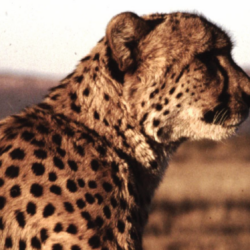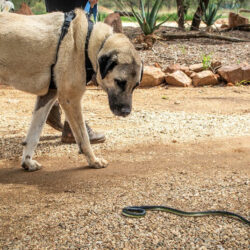Cheetah Conservation Fund is Fighting the Illegal Pet Trade and We Need YOUR Help!
-
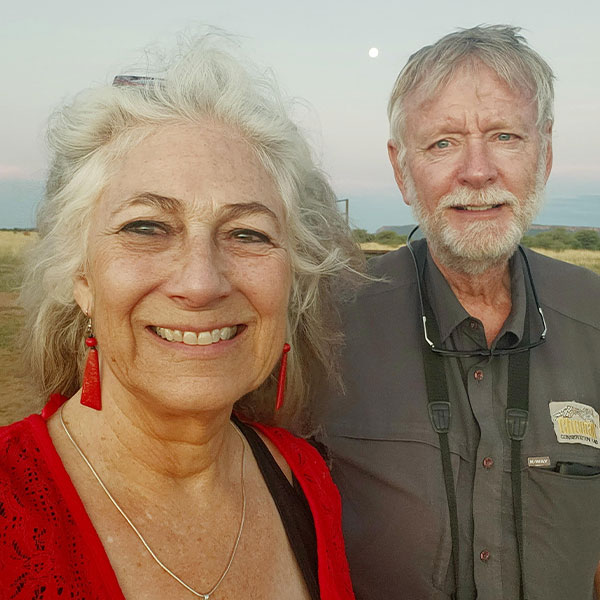
- by Dr. Laurie Marker October 3, 2019

As a conservation scientist and cheetah researcher in Africa, I have witnessed how human action threatens the cheetah. I have also had revelations throughout my 45-year career that change the way I look at threats to the species. These revelations inspire evolutions of thought and help me decide the best possible strategies to counter. Because of what I have learned in the Horn of Africa this past year, I have a new perspective on the problem of illegal wildlife trade. I must share some of my revelations with you, because the situation is dire, and Cheetah Conservation Fund needs your help.
First, the cheetah trafficking threat in the Horn of Africa has reached crisis status. Each year, an estimated 300 cubs are illegally snatched from the landscape, taken from their mothers in Ethiopia, northern Kenya, Somalia and Somaliland, the semi-autonomous, northern region of Somalia, to supply the illegal pet trade. The demand for cubs comes mainly from the wealthier classes. In countries on the Arabian Peninsula, just a short trip across the Gulf of Aden, pet cheetahs are status symbols to display the wealth – like luxury cars.
Second, the reproducing adult cheetah population in these same areas of Africa is estimated at less than 500. Already fragmented and vulnerable, these tiny populations are at risk of being lost due to the illegal wildlife trade in the next few years. The number of cubs being poached is simply not sustainable.
We cannot let this happen. This amazing feline icon of speed and grace needs us to step in now more than ever before. Please donate today to help support CCF’s programs in Namibia, Somaliland and across the cheetah’s range. Caring for the cheetahs that are caught up in the illegal pet trade, building capacity in the region, creating the tools and educational programs for local law enforcement officers, farmers and veterinary students will require on-going support. We are counting on you to help.
In 2005, I first became aware of the illegal pet trade, informed about a pair of cheetah cubs being held in a rural village in Ethiopia. They were tied to a fence, and villagers were throwing rocks at them. CCF helped arrange for their confiscation, working closely with the Ethiopian wildlife department, and found placement. For the next six years, we monitored reports of activity related to the trade and worked with governments in the Horn of Africa on this issue. This led to a relationship with several of these countries, including the government of Somaliland.
Because of its geographical location, Somaliland is the preferred entry point for traffickers into the Arabian Peninsula. Although not officially recognized as a country, Somaliland has its own democratically elected government, its own currency, and has operated as an independent nation for 28 years. As such, Somaliland is one of the safest, most stable places in the Horn of Africa. It also has the most progressively-minded government.
In 2011, CCF began working with the Ministry of Environment and Rural Development (MoERD) of the Republic of Somaliland, managing the disposition of cheetahs recovered by their Wildlife Officers. For the next five years, CCF arranged for confiscated cats to go to sanctuaries in Ethiopia or Djibouti. But in 2016, Somaliland law changed, and the government required all animals to remain within its borders. Around this time, CCF began training MoERD Wildlife Officers in cheetah handling, and together, we created a facility to manage confiscated cheetah cubs in Hargeisa, the capital city. Currently, CCF has 30 cheetah cubs in its care in two facilities.
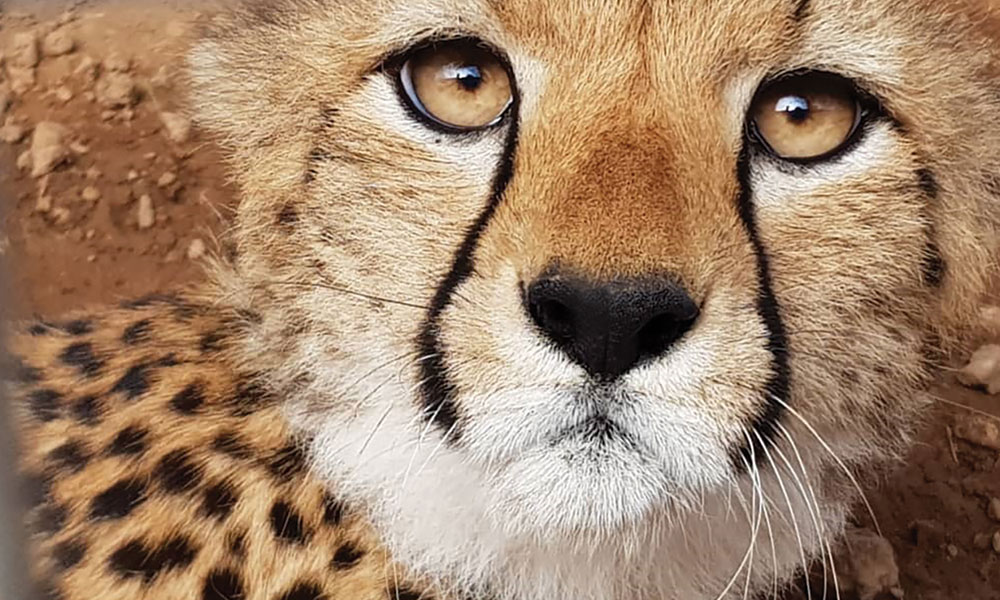
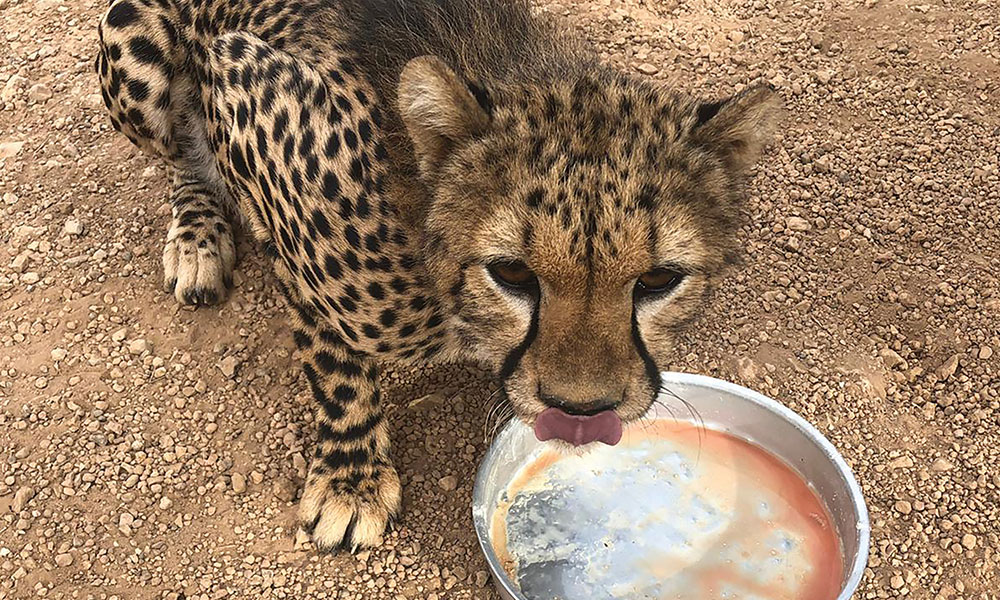
Since September 2018, I have made several trips back to Somaliland. What I have seen reminds me much of Namibia, 30 years ago, when I first set up CCF. When I arrived, Namibia was shedding its identity as South West Africa, emerging from the shadows of South African apartheid and struggling for recognition as an independent nation. The landscape was scarred from civil war, encroached by thorn bush from overgrazing by livestock and years of drought. Cheetah populations were on the decline. Namibian farmers were shooting cheetahs as a real and perceived threat to their livestock. But miraculously, the new Namibian government recognized the value in protecting its natural resources and made conservation a constitutional mandate. Because of this, and because of the work of CCF, and because of supporters like yourself, the Namibian cheetah population has stabilized. People come from all over the world to visit Namibia, the “Cheetah Capital of the World.” With the positive attitude of the Somaliland government, and the determination of CCF and our loyal supporters, I believe we can successfully replicate this model and protect the cheetahs in the Horn of Africa.
A century ago, Somaliland was covered in lush greenery and full of wild species. But today, the landscape is brown and barren. Climate change, poor landscape management and civil war have resulted in a long drought and famine that has impacted people, livestock and wildlife. One of the early revelations I had in my career was the realization that to help wildlife, you must first help the people who live alongside animals. In Somaliland, rural pastoralists and agriculturalists make up about 25% of the population. CCF’s programs are so important because we work with entire landscapes and the communities living alongside predators. It is not just the cheetahs who desperately need our help, but the people, too!
My final revelation: Future Farmers of Africa and Future Conservationists of Africa are the two CCF programs that will be adapted and scaled to be of great benefit in Somaliland and other parts of East Africa. Just like in Namibia, solving the cheetah conservation crisis involves addressing a complex web of social, economic and environmental issues. Bringing back balance to the landscape, encouraging coexistence among rural livestock farming communities, developing livelihoods and educating the next generation of leaders is how we will help Somaliland. It is how we will help cheetahs in the Horn of Africa rebound and stabilize.
If CCF does not address the illegal pet trade, who will? Please help us stop the illegal pet trade before cheetah populations in the Horn of Africa are lost.
Related Reading
-
December 4, 2024
Double Your Donation for the Cheetah -
June 15, 2024
Snake Aversion Training


